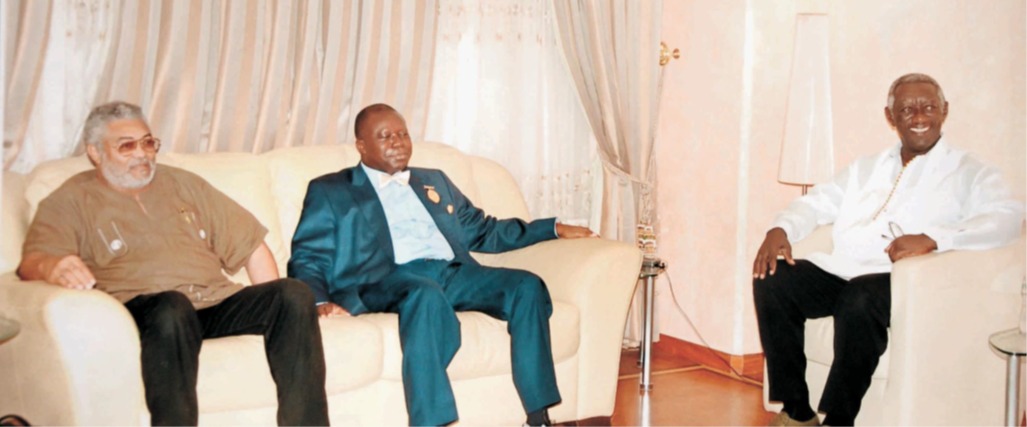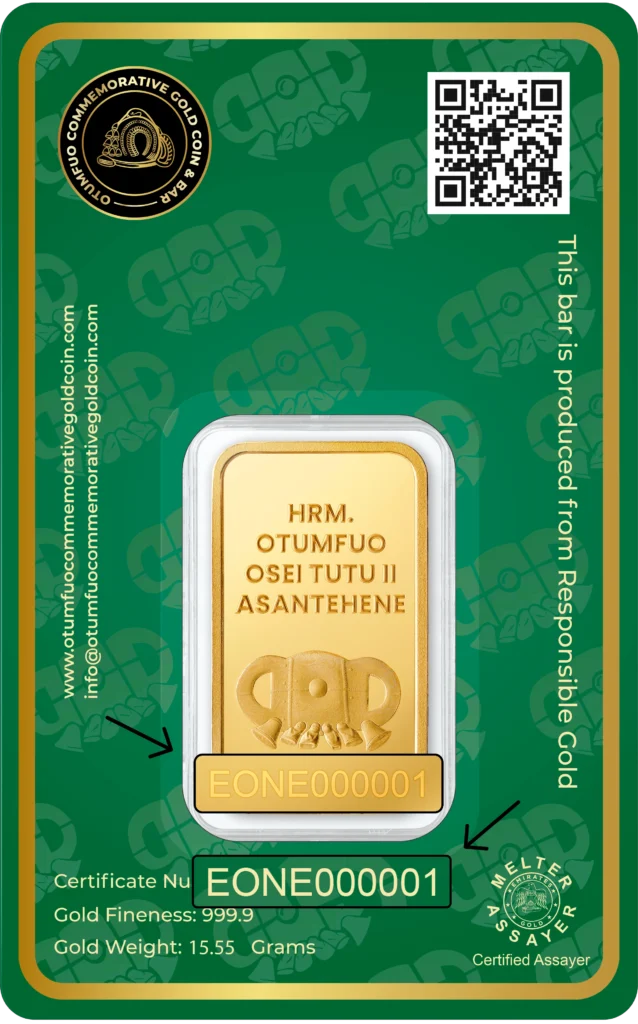The legacy

Facilitating and Mediating Difficult Political Transitions
In January 2001, Ghana’s infant democracy, which had begun on a pessimistic note following the boycott by the Opposition party of the first parliamentary elections in 1992, recorded a feat then unprecedented in the history of the country. The defeat of the governing party in regularly scheduled general elections was also the first time that the provision of the Constitution stating a President shall serve a maximum of two terms had been put into place, leading to the forced retirement of Ghana’s soldier-turned-civilian President, Jerry John Rawlings, at the end of his tenure in 2000.
Fit. Lt. Rawlings’ hand-picked successor and the party’s candidate would go on to lose the ensuing December 2000 elections to Mr. John Agyekum Kufuor of the opposition New Patriotic Party (NPP).
The colourful handing over and swearing in ceremony, held at Ghana’s Independence Square in Accra, and watched in person and on television by millions of Ghanaians and Ghana well-wishers the world over, masked simmering tensions underneath.
The defeat of Rawlings’ National Democratic Congress and his preferred successor in a close Supreme Court decision meant that the man who had ruled Ghana for nearly two decades was being forced into retirement as a private citizen with no power to dictate to the new government. The difficulties of adjusting to revolutionary retirement after ruling the country for almost twenty (20) years became a source of recurring tension between Rawlings and his rival-successor, Kufuor. Otumfuo Osei Tutu II played an important behind-the-scenes role during this period to manage and defuse the tension between the ex-President and his successor to ensure a stable regime transition.
Each of the subsequent elections and political transitions in Ghana occasioned the potential for conflict. The transfer of power from one survivor in office to another has often called forth the quiet but astute intervention of Otumfuo Osei Tutu II.
For instance, in 2009, following the defeat of the NPP in the December 2008 election and the return to power of the NDC, NDC partisans and insiders sought to prevent outgoing President Kufuor of the NPP from taking possession of the office building allocated for his official use as part of his presidential retirement package. Otumfuo Osei Tutu II’s intervention and mediation helped to resolve the impasse.
Otumfuo Osei Tutu II also made his good offices available to help President John Atta Mills deal with a deterioration of his relationship with his Party Founder, Ex-President Rawlings, that threatened to undermine the authority of President Mills to constitute and hold together his new government after winning the 2008 elections.
